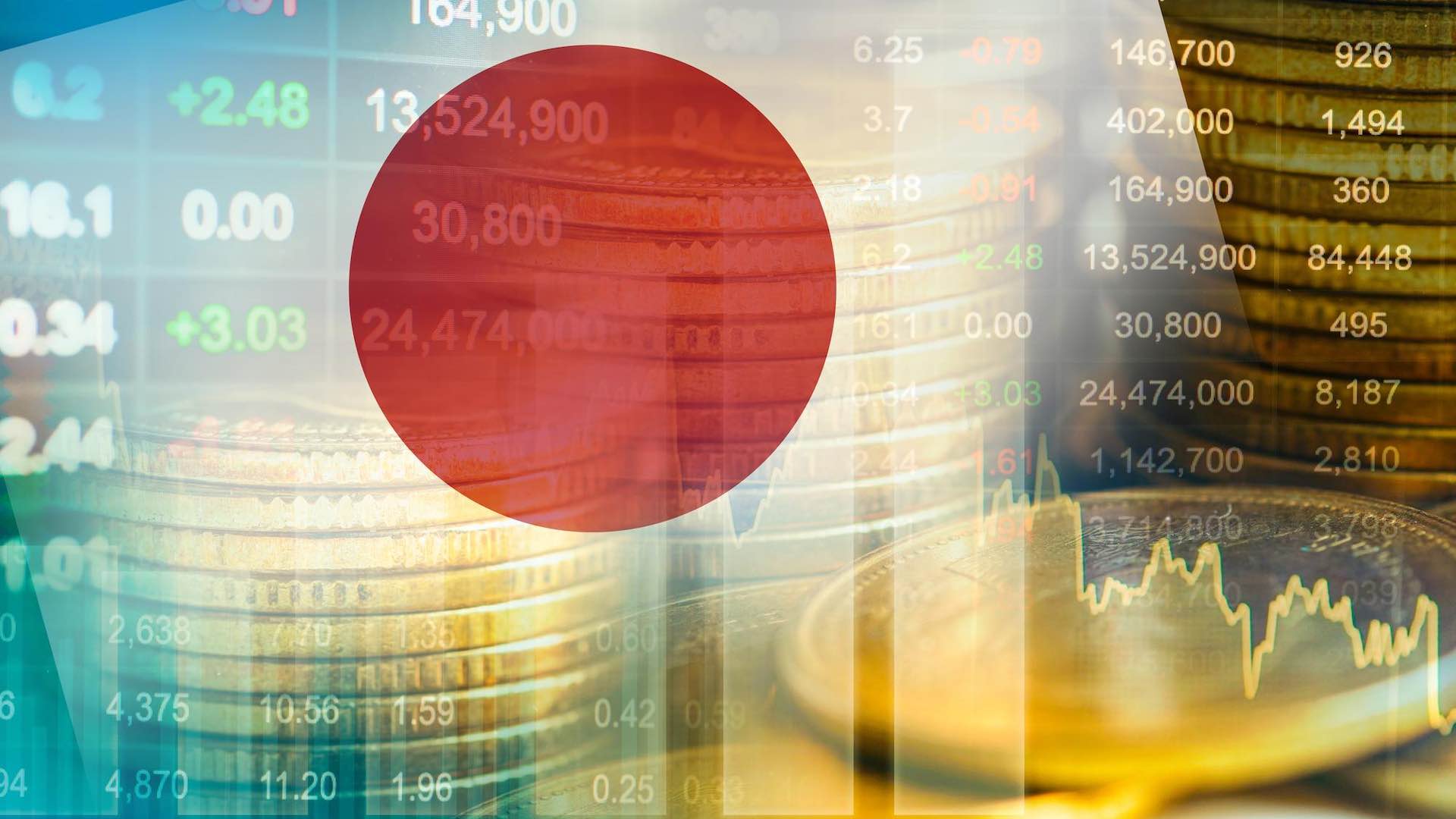As inflationary pressures continue to mount, the Japanese government, in a decisive move, has rolled out a comprehensive $113 billion (17 trillion yen) economic package aimed at mitigating the adverse impacts of inflation on the nation’s economy. This substantial financial intervention comes in the backdrop of concerns over Japan’s deepening financial troubles. The new package, endorsed by the cabinet, encompasses a series of strategic initiatives, including temporary tax reductions, financial assistance to low-income families, and subsidies to offset the rising costs of gasoline and utilities.
To finance a significant portion of these measures, the government will draft an additional budget, amounting to 13.1 trillion yen, for the ongoing fiscal year. When factoring in contributions from local governments and state-backed loans, the cumulative size of the economic package is expected to reach 21.8 trillion yen. Prime Minister Kishida, addressing government and ruling party officials, emphasized the historic nature of the moment, stating, “Japan’s economy is on the cusp of transitioning to an unprecedented phase, breaking free from a thirty-year-long deflationary cycle.”
He further underscored the importance of enhancing corporate profitability to facilitate wage hikes. Government projections suggest that this extensive expenditure will bolster Japan’s Gross Domestic Product (GDP) by an average of 1.2% over the coming three years. Moreover, the subsidies directed at gasoline and utilities are anticipated to curtail consumer inflation by approximately 1.0 percentage point between January and April of the upcoming year. However, the nation’s persistently high inflation rate, exacerbated by escalating raw material prices, has consistently surpassed the central bank’s 2% benchmark for over a year.
This inflationary trend has been a significant drag on consumer spending and poses challenges for the economy, still grappling with the aftermath of the COVID-19 pandemic. Increasing living expenses have also negatively impacted Prime Minister Kishida’s public approval, intensifying the urgency for government intervention. Yet, some financial experts remain skeptical. Takahide Kiuchi, formerly with the Bank of Japan and presently an economist at the Nomura Research Institute, commented on the package’s efficacy, remarking, “Considering Japan’s current economic stance, the proposed measures might not offer substantial benefits.”
In addition to immediate relief measures, the economic package also envisions fortifying supply chains and pioneering technologies. It proposes tax incentives for corporations investing in sectors deemed crucial from a strategic perspective. However, these financial maneuvers might necessitate the issuance of additional bonds, further inflating Japan’s already burgeoning public debt – the largest among major global economies.
As Japan navigates these complex economic waters, recent data suggests a potential contraction in the third quarter following a robust performance in the April-June period. Rising inflation coupled with China’s economic deceleration casts shadows on Japan’s economic trajectory, prompting questions about the effectiveness of central bank strategies aimed at sustaining a consistent recovery.


